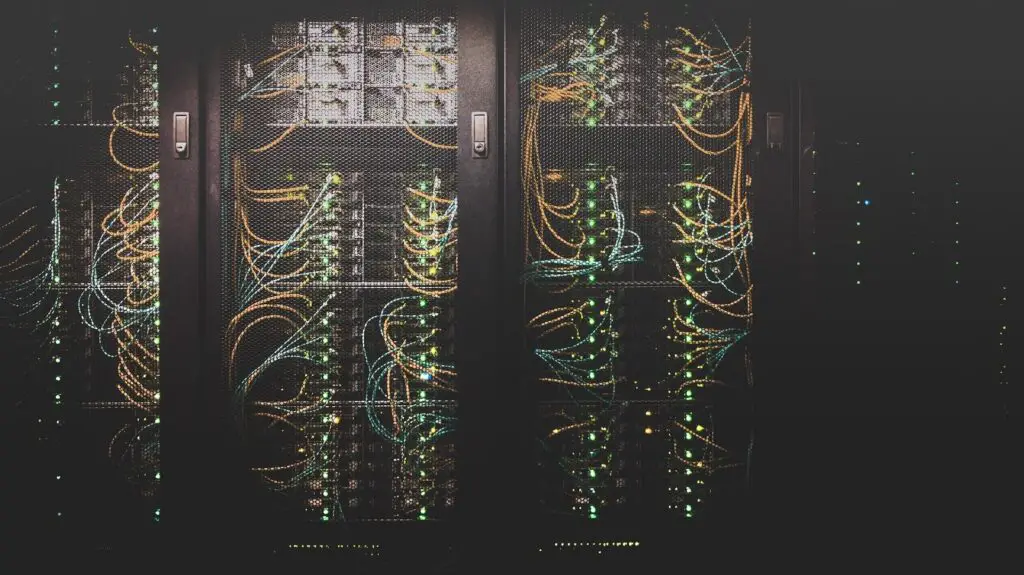Why Should You Hide Your IP?
You can think of an IP (internet protocol) address as the digital/internet version of a street address or telephone number. In the same way, a street address identifies a house, so does an IP address identify internet-connected devices, i.e., users’ computers, and web servers. Did you know that websites’ uniform resource locators (URLs) are simplified representations of the web servers’ IP addresses? Similarly, the web server knows what computer to send the requested content to using its IP address.
What is an IP address?
An IP address is a unique number that each internet-connected device that uses the internet protocol to communicate gets assigned. However, all computers have an IP address, even if they are not connected to the internet. In this case, the IP address is known as the localhost or the loopback address – it is a special IP address. This loopback address helps in web testing as it facilitates the sending of signals to the same computer.
Ordinarily, though, IP addresses are mainly used when an internet connection is present. It is used for several functions:
- To identify internet-connected devices – servers (nodes) and hosts
- To identify computers’ location
These two functions form part of the reason you should hide your IP address since they make tracking possible.
Reasons for hiding IP address
Everything you do online can be tracked by different entities, provided they have your computer’s IP address. In short, your IP address can be used to curtail your privacy. This can occur in any of the following ways, which also happens to be the reason why you should hide your IP address.
Targeted marketing
Websites such as Facebook and Google greatly rely on ad revenue. They bump this revenue upwards by utilizing algorithms that tailor ads for users. These algorithms track users’ web activities and searches using IP addresses as unique identifiers for each user.
Although this form of targeted marketing is attractive to businesses that need to reach as many potential consumers as possible, it is intrusive and a breach of privacy to others. If you are in the latter category, you can prevent ad tracking by hiding your IP address.
ISP tracking
ISPs can view your browsing history by checking what websites your IP address accessed. And that’s not all. They may not have robust security measures in place, meaning that your data could easily land in the wrong hands. By hiding your IP address, you can easily prevent this.
Government surveillance
In some authoritarian countries, government surveillance is a common way of looking for dissidents. This form of surveillance, like any other kind of web tracking, relies on IP addresses. In this regard, if you are in such a country, you can protect your privacy by simply hiding your IP address. Further, even if your government does not undertake this kind of invasion of privacy, things could change in the future.
Bypass geo-restrictions
Your IP address carries data about your location. Websites that use this location data to determine whether you meet the qualification to view their content. Thus, if you hide your IP address and instead use another from a location whose residents can access a website’s content, you will, in essence, be bypassing geo-restrictions.
Protect sensitive information
Perhaps your computer, which you use to access the internet regularly, has sensitive information. You could be a researcher, investigative journalist, law enforcement official, or lawyer. Given that anyone with your IP address could find your computer, the sensitive information you have stored on your computer may not be safe. Thus, it would be of great help for you and the organization you work for if you hide your IP address to enhance your security.
Benefits of hiding your IP address
Hiding your IP address has several advantages for both businesses and individuals. It facilitates the following:
- It promotes anonymity, privacy, and security, thereby stopping any form of spying or tracking
- Web scraping
- Ad verification
- Bypassing geo-restrictions
- It protects sensitive information
Web scraping
Web scraping refers to the act of extracting data from websites. Your business could benefit significantly from web scraping. It facilitates:
- Review and reputation monitoring – it establishes what consumers write about your products
- News monitoring – it provides insight into what news companies write about your brand
- Price monitoring – it shows how your competitors have priced their goods
- Job data monitoring – it offers information into hiring practices within your industry
However, large websites do not tolerate web scraping since their web developers deploy anti-scraping techniques such as IP blocking, CAPTCHAs, sign-ins/log-ins, among others. Although these techniques aim to stop data harvesting altogether, you can circumvent the restrictions by hiding your computer’s IP address.
You can hide your IP address using methods:
- Virtual private networks (VPNs)
- Tor browser
- Proxy servers
Of these three methods, proxy servers are the best. They are not as slow as VPNs and Tor, and they provide privacy, unlike VPNs, which store communication logs. If you need more info on how to hide your IP address, read this in-depth article and find out more.
